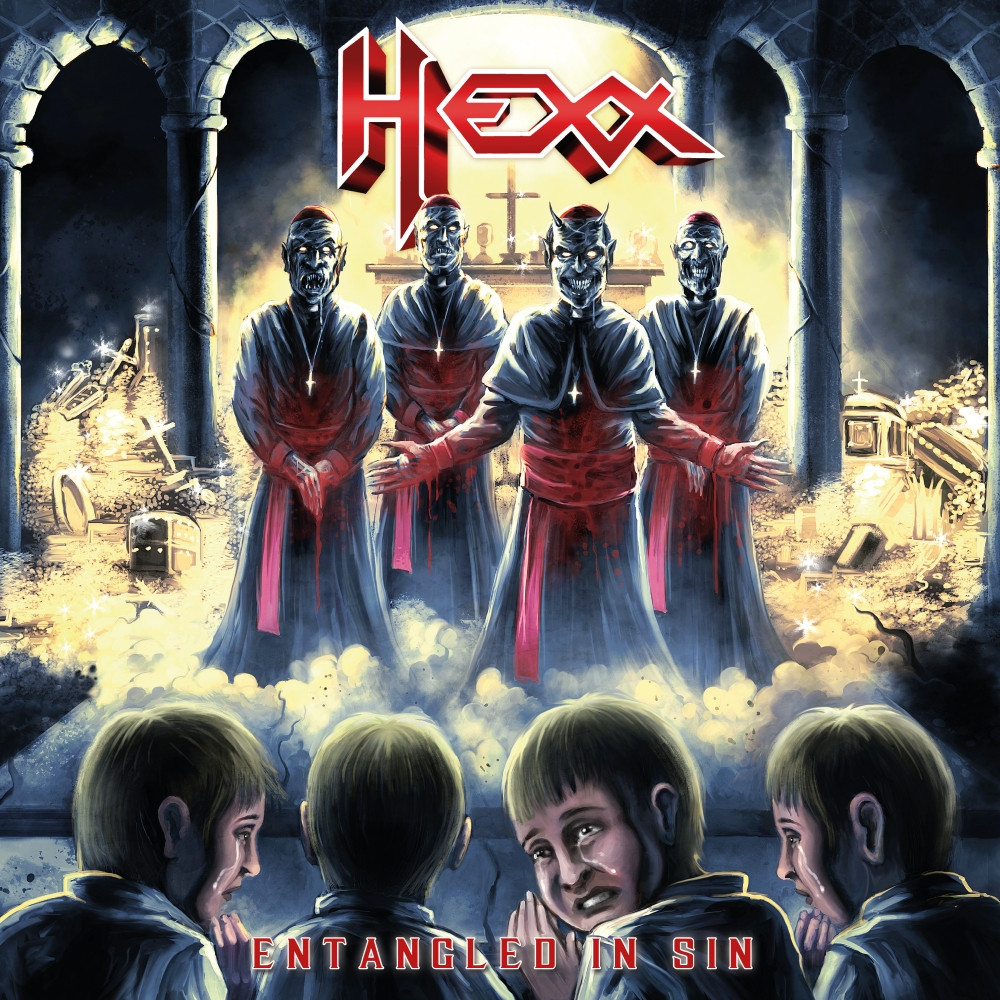 |
Country: USA
Style: Rock
Rating: 7/10
Release Date: 23 Oct 2020
Sites: Facebook | Instagram | Official Website | Twitter | Wikipedia | YouTube
I see that Bruce Springsteen's twentieth studio album (and his first with the E Street Band since High Hopes in 2014) has been incredibly well received by critics and listeners both. And I like it, but not to that degree.
It's a personal album, which is good in my book. While I generally like Springsteen's rock albums, I'm a sucker for his roots stuff. Nebraska and The Ghost of Tom Joad are frequent plays here at Apocalypse Later and the opening track, One Minute You're Here, fits right alongside them. It's a stripped down and touching piece of music. The rest of the album is made up of more expected rock, with three songs that date way back to before Springsteen's debut, Greetings from Asbury Park, N.J. I'll turn fifty next year but Bruce released that when I was two years old. He's been around and so has this trio of songs.
Janey Needs a Shooter sounds pretty good in and amongst the modern material, though it runs long. Springsteen's harmonica and Charles Giordano's organ sell this one for me. If I Was the Priest has an abiding Bob Dylan vibe to it and Springsteen really gets himself behind its vocal. Song for Orphans is clearly another Dylanesque song, even before the harmonica kicks in, so underlining where the Boss came from musically. It's telling that these three old songs are easily the longest three on the album.
It's a lo-fi album too, which is also good in my book. This was recorded live in the studio, in a way that simply isn't done nowadays, and it sounds urgent and vibrant. Then again, the E Street Band is hardly made up of nobodies. That's Little Steven and Nils Lofgren on guitar alongside the Boss. I'm a big fan of Patty Scialfa, who's less Springsteen's wife to me and more the singular artist behind Rumble Doll, a fantastic 1993 album. She's been with the E Street Band since 1984 and the others are regulars too. It goes without saying how tight they are as a musical unit, so live in the studio is a gift for these folk. I would prefer it if they only ever recorded this way.
My problem is with the songs, because I'm just not buying that they're all of consistent quality.
There's some really good stuff. I love the groove of Burnin' Train, which rolls along in as unstoppable a fashion as the title suggests. I like the intimacy of the title track, which is poetically vague but hits the mark as if it was written for each and every one of us. Springsteen was always a voice of the people and this song cements that. He may have 71 years and 150 million albums behind him, but he's one of us and he hasn't felt so much so in a long while. Ghosts may be my favourite piece here: another song about songs and one that feels really true to the musician's mindset.
But there's some less good stuff too. How repetitive is House of a Thousand Guitars, for instance? It's got a strong rhythm and it's neatly catchy but if I had to take a shot every time Bruce sings the words "thousand guitars", I'd be dead before the song ends. There are more thousand guitars here than the number of times the Eagles took it to the limit. And it doesn't even scan right: "guitars" should have one syllable for this to work properly. My OCD hated it.
And there's material in between. Songs like The Power of Prayer sound fine until we realise that Bruce and the band can hit this level of quality in their sleep. I'll enjoy this one any time it comes on, right down to the saxophone of Jake Clemons, nephew of the late Clarence, but I'll forget it too as soon as the next song comes on. The good news is that most of the in between songs are pretty good and they may grow on further listens. Burnin' Train and Ghosts were immediate for me, but I'll See You in My Dreams keeps growing with each listen.
And so I'll rate this a notch below most of the critics, but still positively for the most part. It's really good to hear an artist of this profile and calibre recording something live in the studio with a set of musicians of serious quality who know each other inside out. This may be the most alive Springsteen album I've ever heard and I like that.



















